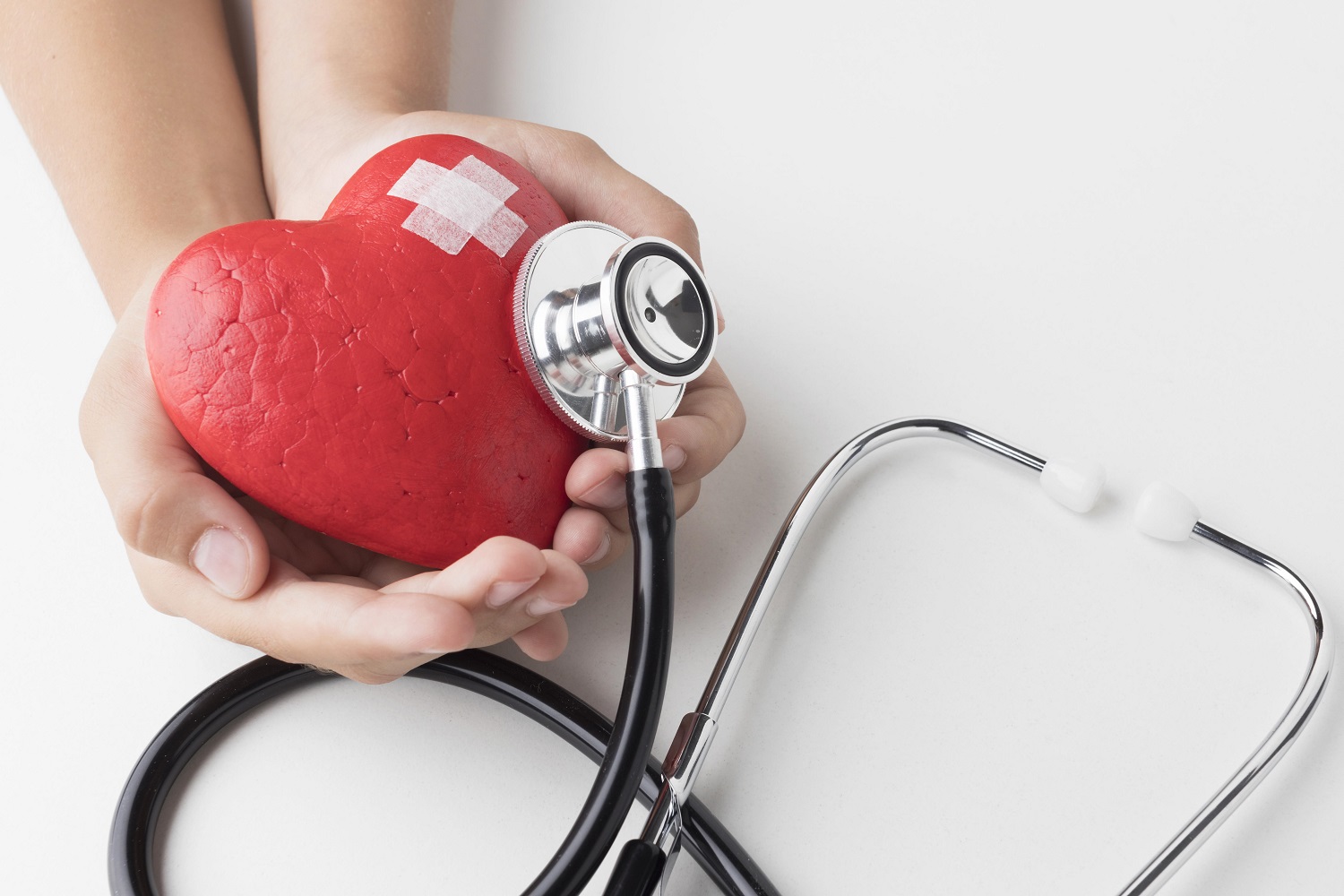Heart disease and stroke are serious health issues that affect many people. However, you have the power to lower your risk of these conditions. This article will empower you with simple ways to prevent heart disease and stroke, including lifestyle changes, medications that can help, and why prevention is essential.
Why Preventing Heart Disease and Stroke Matters: It’s not just about living longer; it’s about living better. Preventing these conditions can significantly improve your quality of life and ensure a healthier future.
Preventing these conditions is crucial because they can be life-threatening and affect your quality of life. By making healthy choices now, you can protect your heart and brain health for the future, and pave the way for a brighter, healthier tomorrow.
1. Eat a Healthy Diet
A healthy diet is critical to preventing heart disease and stroke. Here’s what to focus on:
– Fruits and Vegetables: These are packed with vitamins, minerals, and antioxidants that help keep your heart strong.
– Whole Grains: Whole wheat bread, brown rice, and oats provide fiber and nutrients that are good for your heart.
– Lean Proteins: Choose lean meats like chicken and turkey, fish (like salmon), beans, and nuts. These foods give you energy and help your muscles stay strong.
– Healthy Fats: Instead of butter or lard, use olive oil or eat avocados and nuts. Healthy fats help your heart and brain work well.
2. Stay Active
Regular exercise is crucial for maintaining both heart health and overall well-being. Physical activity for at least 30 minutes most days offers numerous benefits. It doesn’t have to be strenuous—activities like brisk walking, dancing, or playing a favorite sport are excellent choices. Exercise helps in several ways:
Physical Benefits:
- Weight Management: Regular activity helps burn calories, aiding in weight control and reducing the risk of obesity, a significant risk factor for heart disease.
- Lower Blood Pressure: Exercise helps regulate blood pressure levels, reducing strain on the heart and lowering the risk of hypertension, a significant contributor to heart disease and stroke.
- Improved Cardiovascular Fitness: Engaging in aerobic activities strengthens the heart muscle, enhances circulation, and improves the efficiency of oxygen delivery throughout the body.
Mental and Emotional Benefits:
- Stress Reduction: Physical activity stimulates the production of endorphins, chemicals in the brain that act as natural mood lifters, helping to alleviate stress and anxiety.
- Enhanced Mental Clarity: Exercise promotes better cognitive function and sharpness, contributing to overall mental well-being.
3. Quit Smoking (If You Smoke)
Smoking poses severe risks to heart health and is a leading cause of preventable diseases like heart attacks and strokes. If you smoke, quitting is the single most effective action you can take to reduce these risks and improve your overall health. Here’s why quitting is crucial:
- Reduced Cardiovascular Risk: Smoking damages the heart and blood vessels, leading to narrowed arteries, increased blood pressure, and heightened risk of blood clots—all of which can trigger heart attacks and strokes.
- Improved Circulation: Within weeks of quitting, circulation improves, allowing blood vessels to widen and reducing the strain on the heart.
- Lowered Heart Disease Risk: Quitting smoking significantly reduces the risk of coronary heart disease, often to levels similar to non-smokers over time.
4. Manage Stress
Chronic stress can take a toll on heart health, contributing to hypertension, inflammation, and unhealthy coping behaviors like overeating or smoking. Effective ways to manage stress are essential for overall well-being and heart health. Here are some proven stress-management techniques:
- Deep Breathing Exercises: Practice deep breathing to activate the body’s relaxation response, lowering heart rate and blood pressure.
- Yoga and Meditation: Engage in yoga or meditation sessions to promote mindfulness and reduce stress hormones like cortisol.
- Regular Exercise: Physical activity is a powerful stress reliever, releasing endorphins and improving mood.
- Talk to Someone: Sharing your feelings with a trusted friend, family member, or therapist can provide emotional support and perspective.
5. Take Medications if Needed
Some people need medications to help prevent heart attacks and strokes. These might include:
– Blood Pressure Medications: If your blood pressure is high, your doctor might prescribe pills to lower it.
– Cholesterol Medications: If you have high cholesterol, statins can help lower it and protect your heart.
– Blood Thinners: These medicines help prevent blood clots leading to strokes.
Always take medications exactly as your doctor tells you to, and ask questions if you’re not sure why you need them or how they work.
6. Maintain a Healthy Weight
Being overweight or obese puts extra strain on your heart and increases your risk of heart disease and stroke. Eating healthy and staying active can help you reach and maintain a healthy weight. Aim to eat balanced meals and avoid too much junk food and sugary drinks.
7. Get Regular Check-ups
Seeing your doctor regularly is not just good practice; it’s a proactive step towards your health. Regular check-ups can catch any health issues early, providing you with a sense of security and the power to prevent problems before they start.
8. Limit Alcohol and Avoid Drugs
Drinking too much alcohol can raise your blood pressure and contribute to heart disease. If you choose to drink, do so in moderation—no more than one drink per day for women and two for men. Avoiding illegal drugs is also essential, as they can harm your heart and overall health.
Take Charge of Your Heart Health Today with Dr. Einav Myw8! Call (310) 943-7535 to Get Started.
Taking care of your heart and preventing stroke starts with small steps that add significant benefits. By eating well, staying active, managing stress, and getting regular check-ups, you’re taking control of your health and giving yourself the best chance at a long and healthy life. Talk to Dr. Einav Myw8 about your heart health and concerns—it’s never too early to start caring for your heart!



